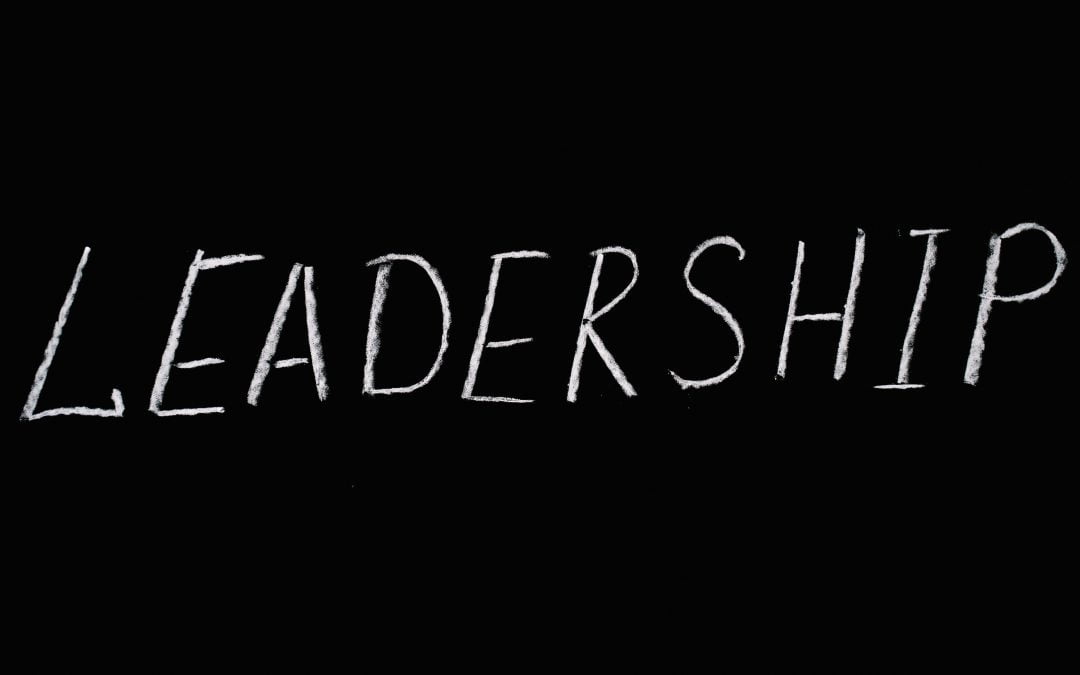The Responsibility of Leadership and the word itself is thrown around so often it can feel a bit…hollow. Images of charismatic CEOs or decisive presidents might come to mind, but the reality of leadership is far messier, and arguably, more rewarding. Often the responsibility of leadership is taken lightly and that is when things can get really stressful for leaders.
So, how do you navigate the murky waters of being a leader? How do you go beyond the title and truly embrace the responsibility it entails? Here’s the not-so-secret secret: it’s not about having all the answers. It’s about fostering an environment where your team can thrive, even when things get…well, messy.
Embrace the Growth Mindset:
Most leadership training focuses on developing skills. But a crucial, often overlooked, aspect is cultivating a growth mindset. Leaders with a fixed mindset believe their abilities are set in stone. Conversely, those with a growth mindset see challenges as opportunities to learn and improve.
Here’s the not-so-secret sauce: a growth mindset is contagious and its the responsibility of the leader to promote it!. When you demonstrate a willingness to learn and adapt, it permeates your team. Suddenly, mistakes become steppingstones, and innovation flourishes. The responsibility of leadership is to stimulate and propmote the growth mindset at all times.
Vulnerability is Your Superpower (Yes, Really)
Leaders are often expected to be these stoic figures, radiating unwavering confidence. But here’s the thing: perfection is a myth, and pretending otherwise only creates distance between you and your team.
Here’s where vulnerability becomes your secret weapon. Sharing your own struggles, admitting when you’re unsure, and even apologizing for mistakes fosters a sense of connection and trust. It shows your team that you’re human too, and that it’s okay not to have all the answers.
This authenticity creates a ripple effect. When you embrace vulnerability, it empowers your team to do the same. Suddenly, open communication flourishes, leading to a more supportive and innovative work environment.
Lead with Humility, Not Hubris:
The days of the infallible leader are over. People crave authenticity and connection. Leading with humility doesn’t diminish your power; it strengthens it.
Here’s the unconventional twist: admit when you’re wrong. Yes, even the leader makes mistakes. By acknowledging your missteps and demonstrating a willingness to learn from them, you foster trust and psychological safety within your team.
Embrace the Feedback Loop (Even the Negative Kind)
Let’s be honest, negative feedback stings. But here’s the often-overlooked truth: constructive criticism is a gift, not a personal attack. It’s an opportunity to identify areas for improvement, both personally and as a leader.
The key is to actively solicit feedback, and not just from your inner circle. Consider anonymous surveys, one-on-one meetings, or even reverse mentoring programs where junior employees provide guidance to senior leadership.
Here’s the unconventional tip: don’t get defensive. Instead, approach feedback with an open mind. Analyze the information, identify patterns, and use it to become a better leader. Remember, even the most seasoned leaders can learn and grow.
The Responsibility of Leadership Fostering a Culture of Curiosity:
Leaders who prioritize the status quo get left behind. In today’s dynamic world, curiosity is the key to innovation and growth.
Here’s the fresh perspective: encourage your team to ask questions, challenge assumptions, and explore unconventional approaches. Celebrate “what if” scenarios and brainstorming sessions.
The Responsibility of Leadership Delegate with Trust:
Micromanaging stifles creativity and demotivates teams. Leaders who delegate effectively empower their people and unleash their full potential.
Here’s the unconventional approach: Delegate tasks, not just outcomes. Give your team clear parameters and the autonomy to figure out the “how.” Trust their expertise and provide support without hovering.
Embrace the Journey, Not Just the Destination
Leadership is a journey, not a destination. There will be setbacks, there will be challenges, and there will be moments where you question everything. But here’s the beauty of it all: the most rewarding aspects of leadership often come from the unexpected.
By embracing collaboration, vulnerability, continuous learning, and self-care, you create an environment where your team can flourish. And that, my friend, is the true mark of a great leader.

